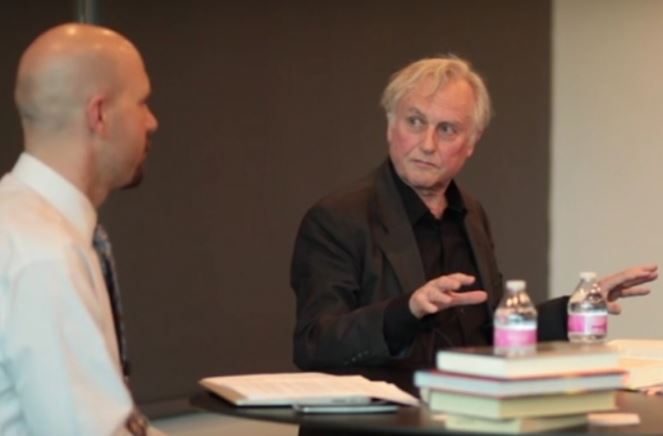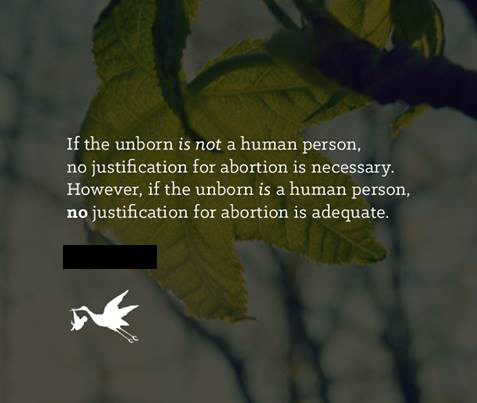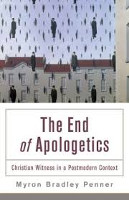A while ago Ricky Gervais spoke with Stephen Colbert about religion. No surprises, Ricky is an atheist and thinks religions are all wrong, along with the natural human tendency to believe in God. But he made a specific line of argument, distinguishing fact from fiction by saying that if you destroyed all holy books (or any other fictional accounts), their content would be lost forever. Facts, however, would be back years later even if you destroyed all the books, because scientific tests would establish them once more.
Is this the right way to think about the distinction? I think not. Whatever proves too much ends up proving nothing at all. This criteria would consign so much fact to Ricky’s waste bin of fiction, including moral truths as well as most facts about history.








 Myron Bradley Penner, The End of Apologetics: Christian Witness in a Postmodern Context (Grand Rapids: Baker Academic, 2013)
Myron Bradley Penner, The End of Apologetics: Christian Witness in a Postmodern Context (Grand Rapids: Baker Academic, 2013)